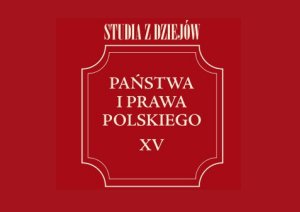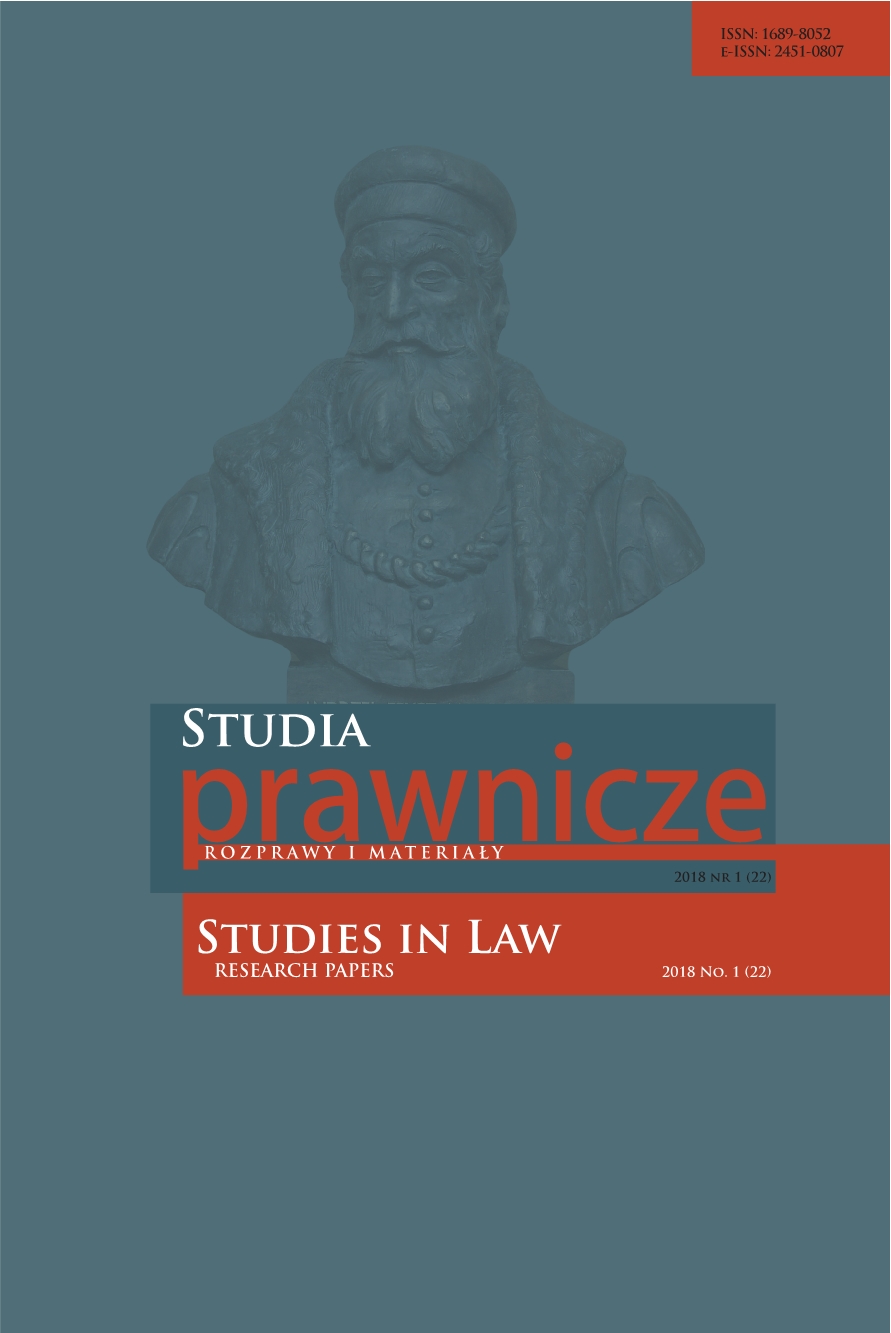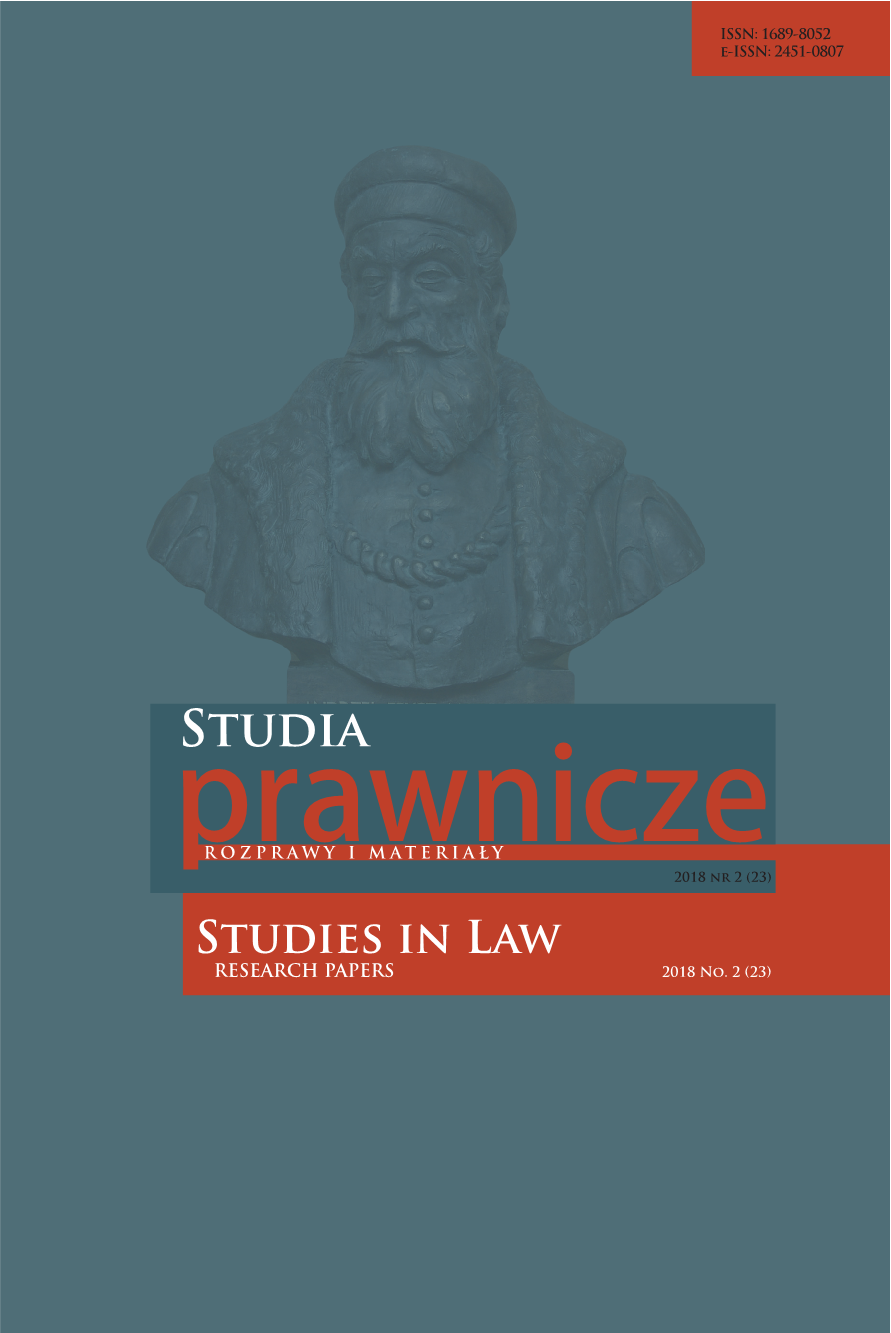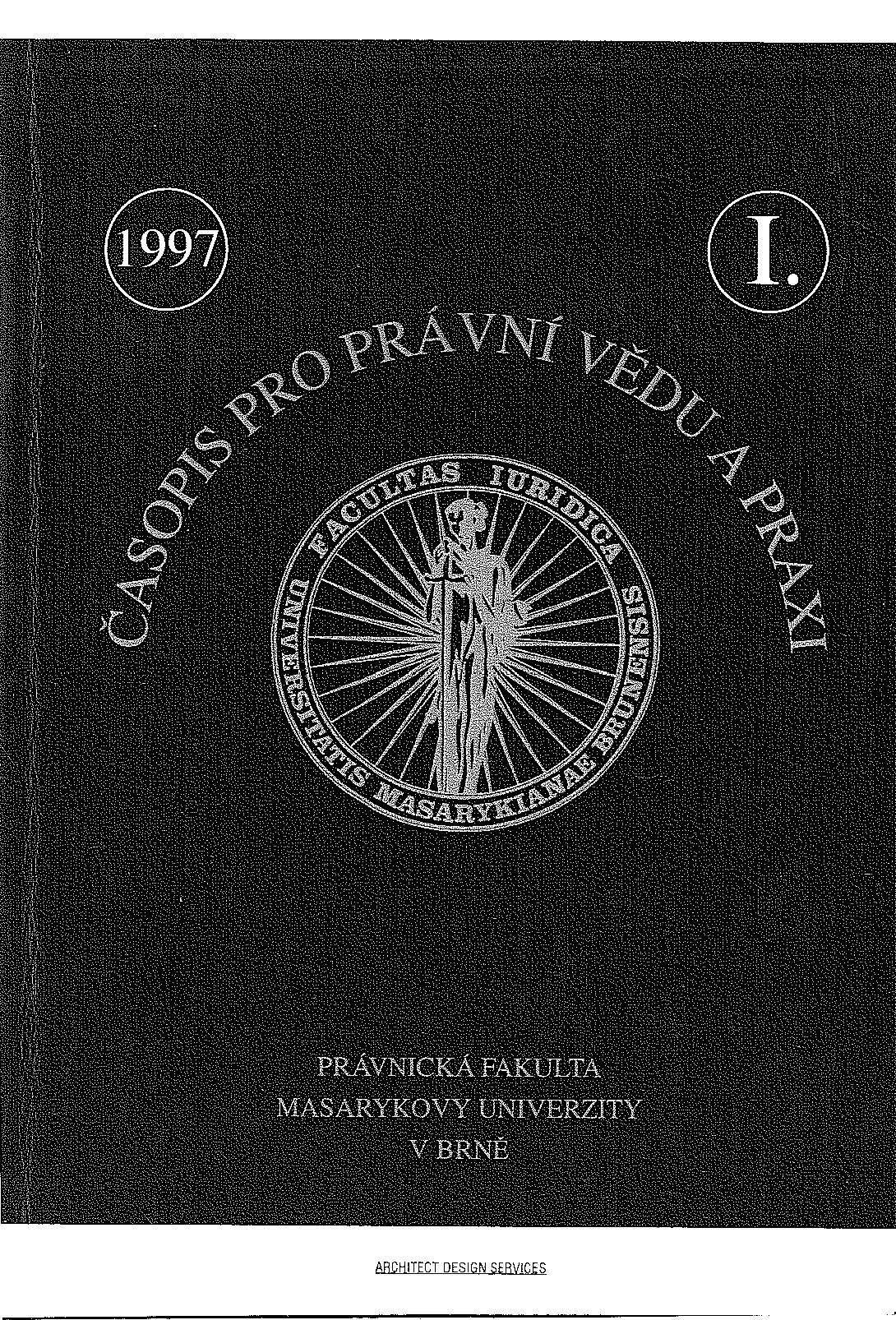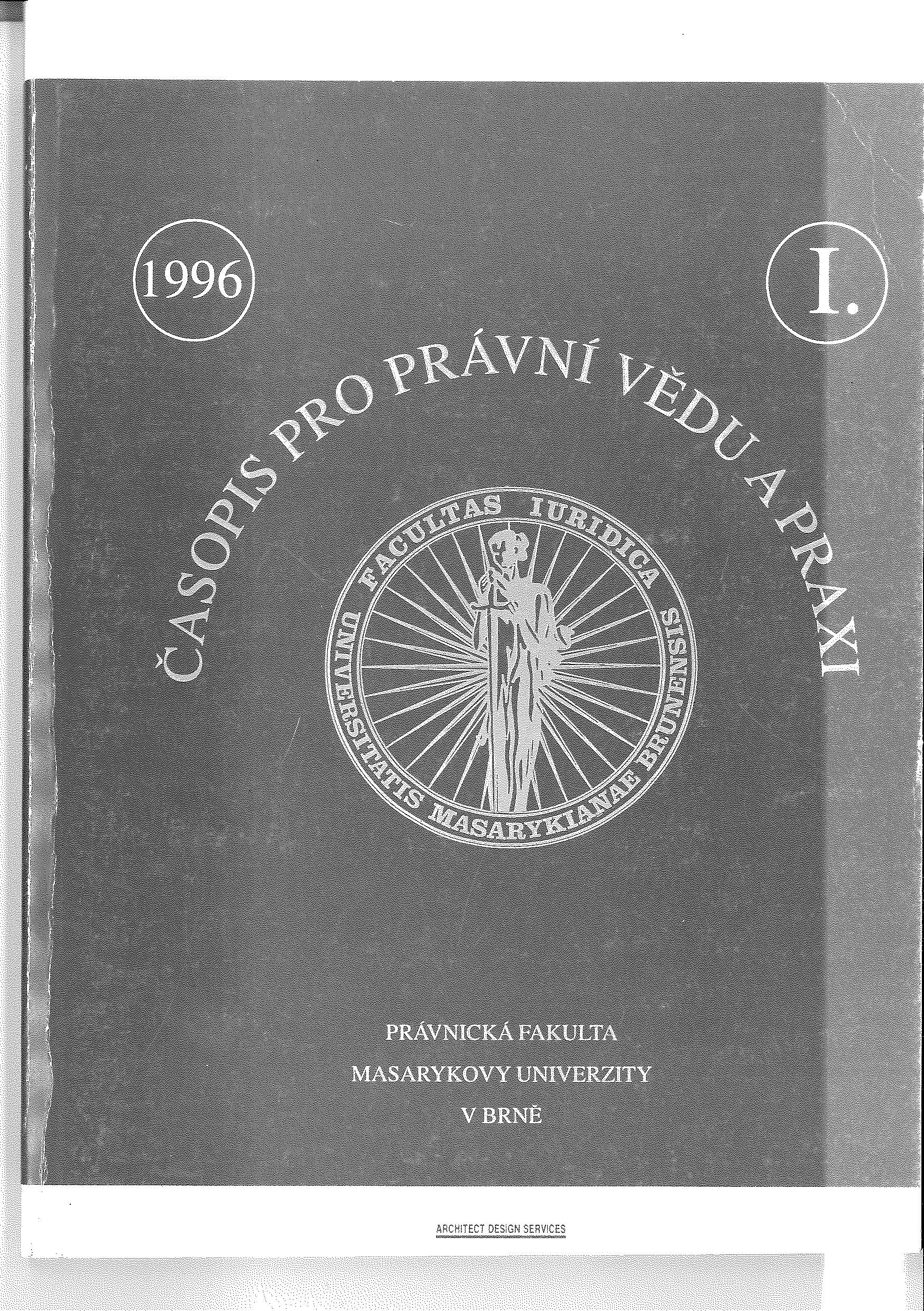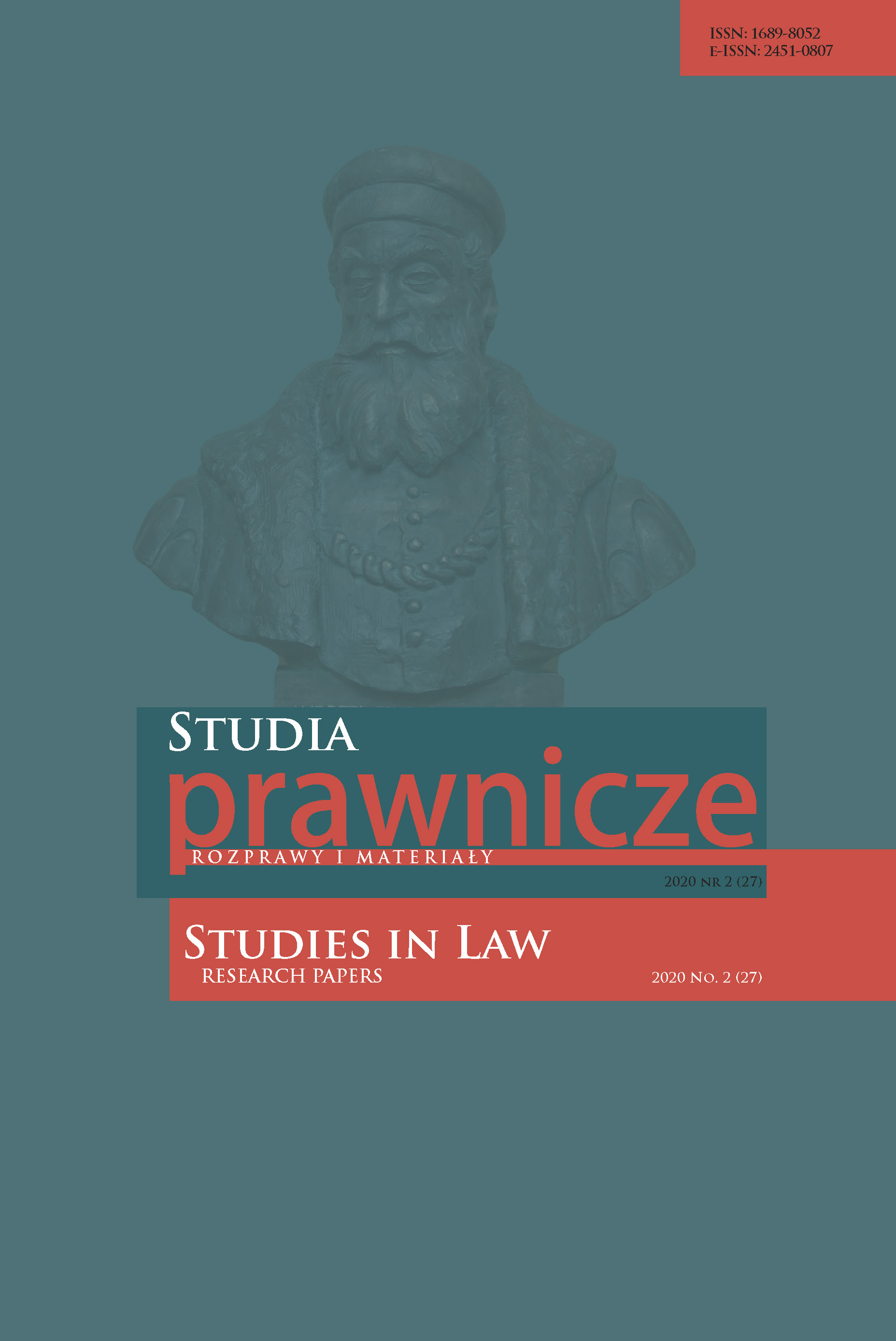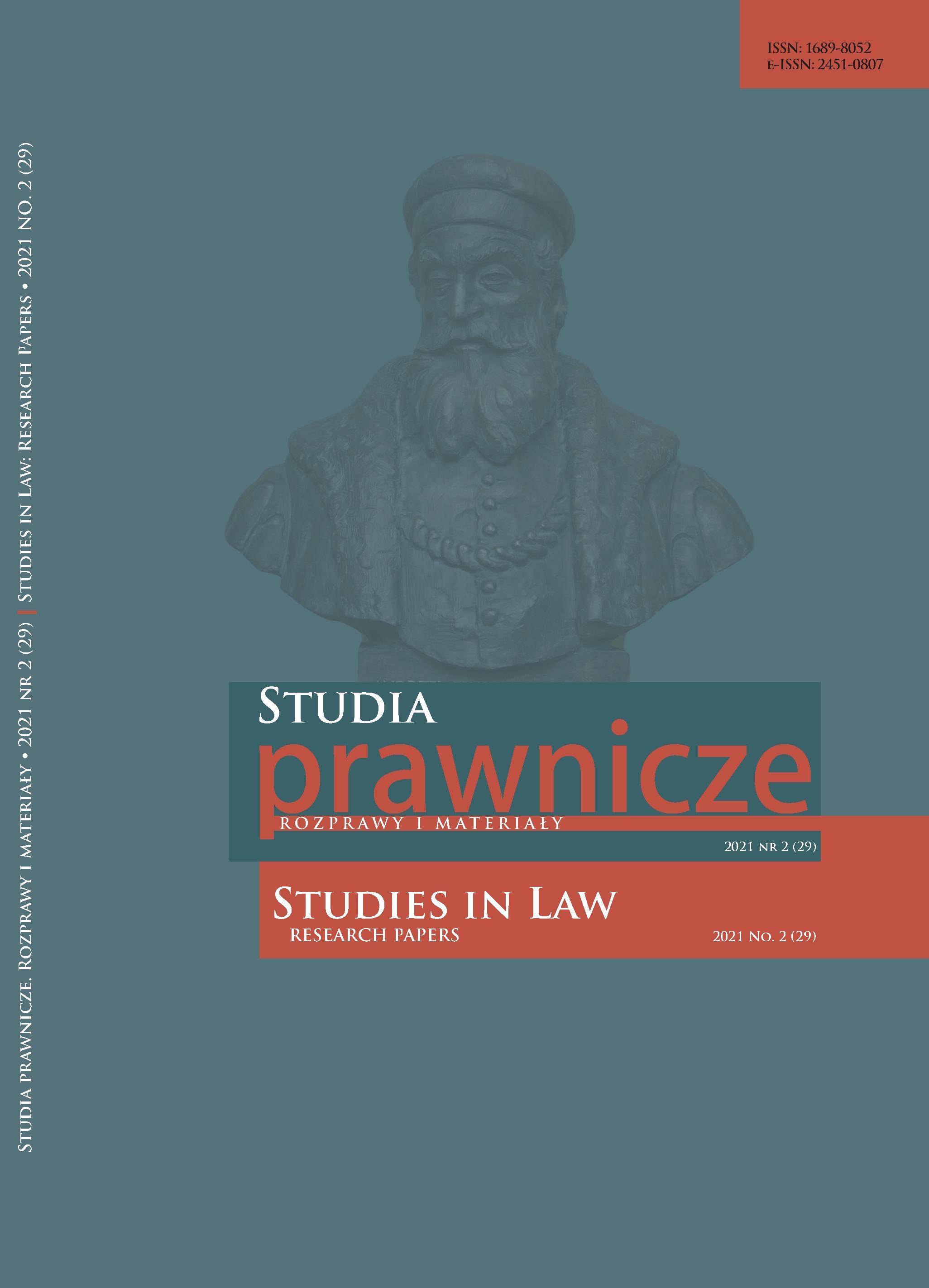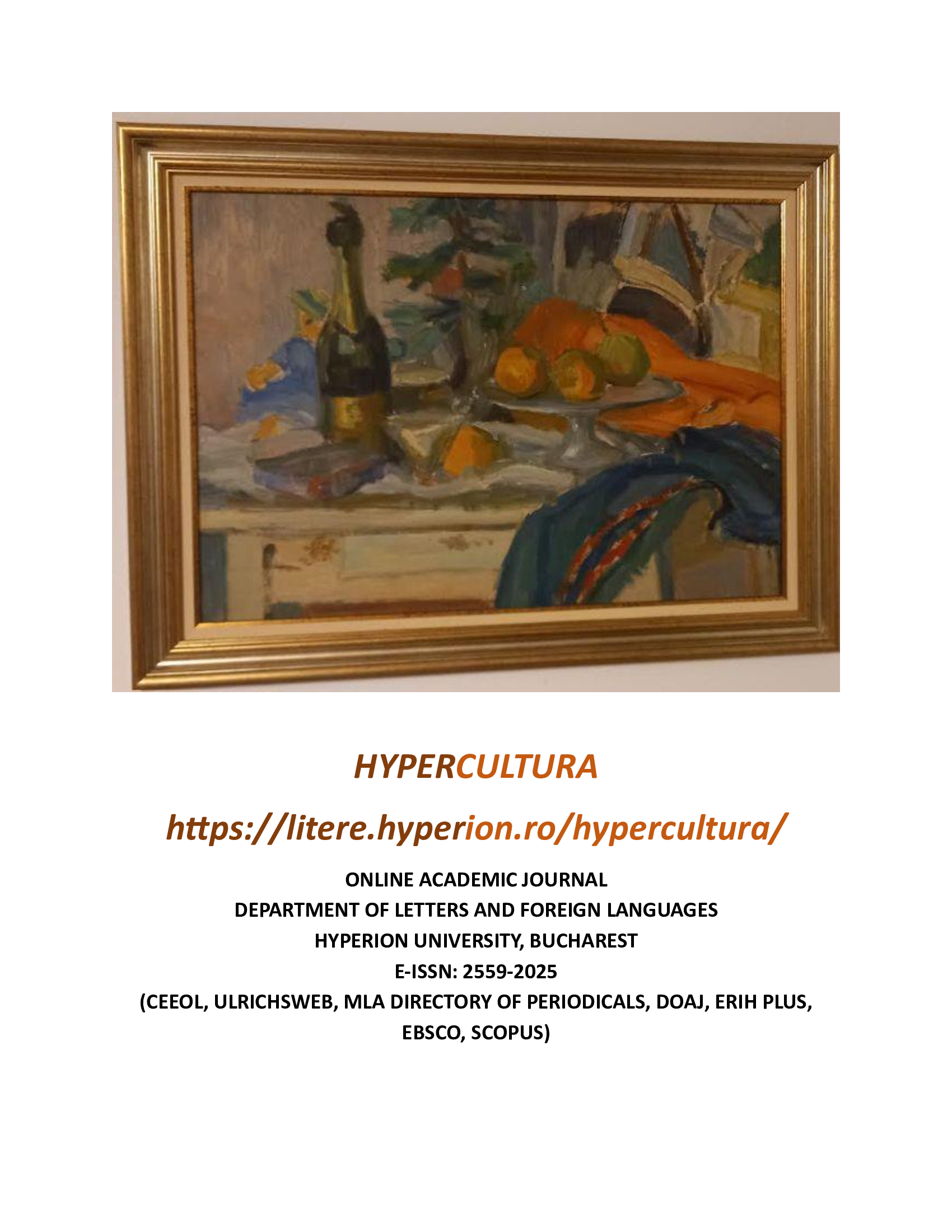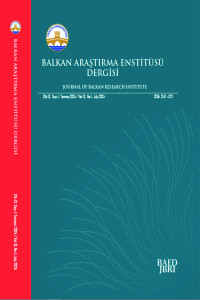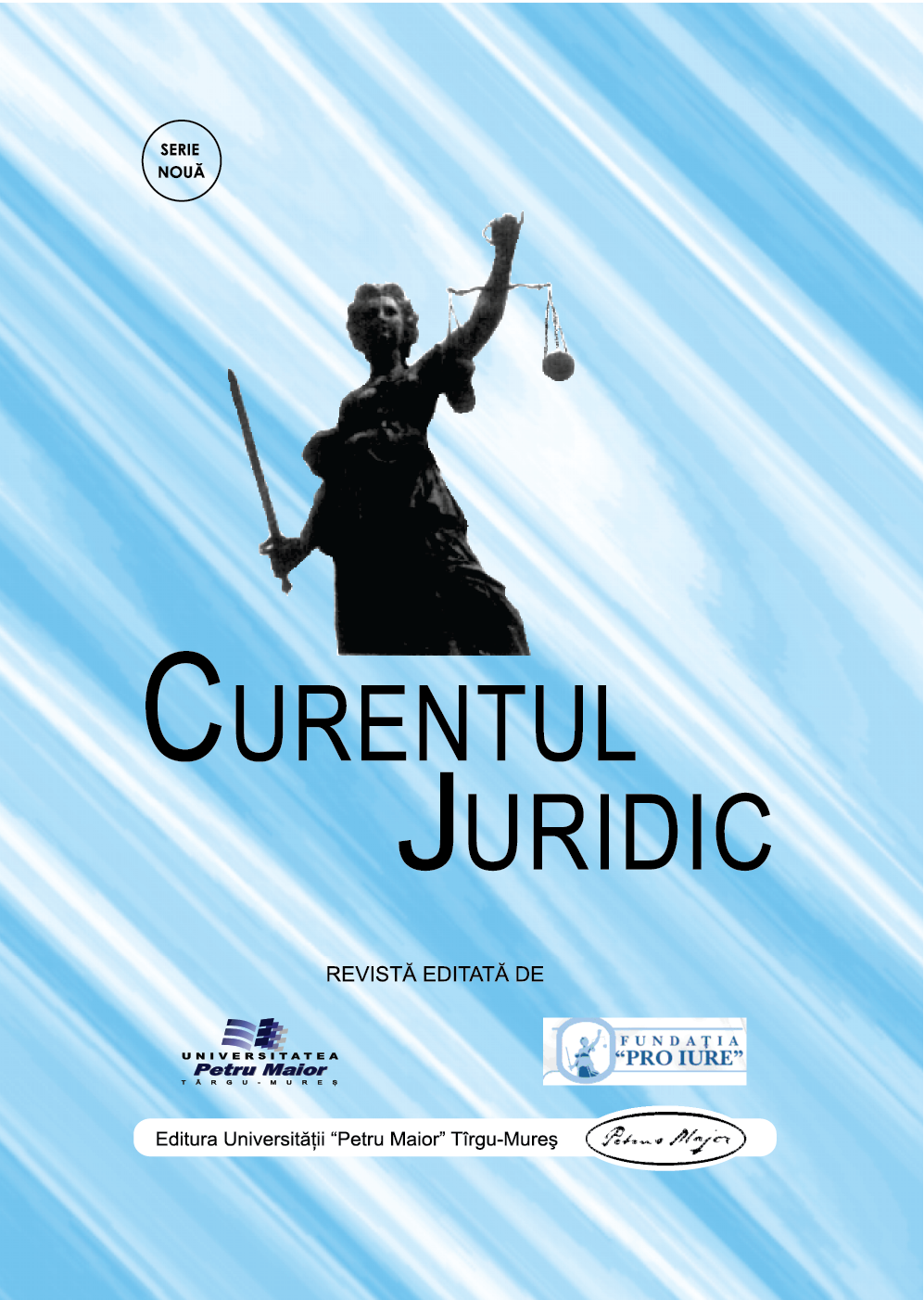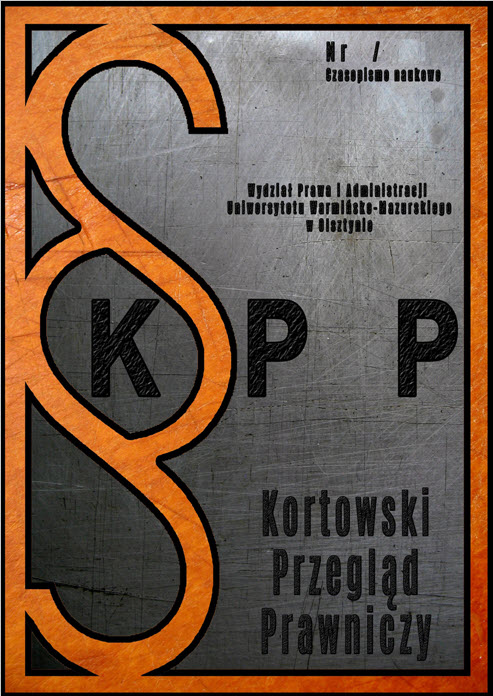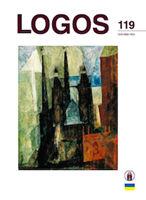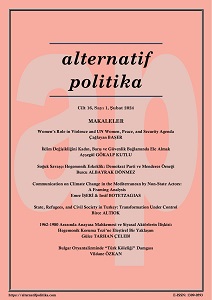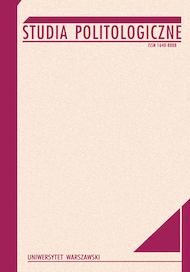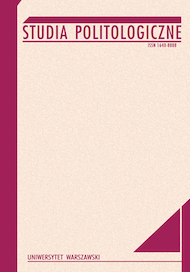Author(s): Tijana Vukojičić Tomić / Language(s): Croatian
Issue: 2/2023
This paper deals with the role of national minority councils through the prism of the concept of non-territorial autonomy. These councils were established as institutes for minority representation, aiming to strengthen the influence of national minorities on local and regional politics in the part related to their position. Similar forms of minority representation are established in most European countries and are often analysed within the concepts and distinction of non-territorial autonomy and territorial autonomy. As will be shown in the paper, territorial autonomy presupposes a much higher degree of autonomy for minority institutions in deciding on issues important for national minorities. It is more suitable for countries where these minorities reside in certain parts of the national territory. In practice, we often encounter minority political institutions that have features of non-territorial autonomy. These institutions can assume various forms and achieve different degrees of autonomy in deciding on local policies and affairs of interest to minority groups. Although councils of national minorities possess substantial democratisation potential and can significantly contribute to the position of national minorities, previous research does not support this claim. The purpose of this paper is twofold: (i) to determine whether national minority councils constitute an institutional form of nonterritorial autonomy and (ii) to assess their actual role in promoting and protecting the interests of national minorities within local political processes. In order to examine this, the paper employs legal analysis, a review of secondary data available in scientific and professional literature, and a direct analysis of available data on the financing of national minority councils and voter participation in elections for these councils. The role of national minority councils is analysed in four aspects: the legal basis of non-territorial autonomy, the right to self-regulation, the right to establish own decision-making bodies and their scope of work, and their financing. In addition, the voter response to council elections is analysed as a possible indicator of the legitimacy of directly elected bodies. With regard to the legal basis of their establishment, it can be concluded that they enjoy the highest level of protection, having been established by constitutional law, which, due to the adoption procedure, holds a position between the Constitution and other organic laws. Furthermore, the Constitution of the Republic of Croatia guarantees members of national minorities the right to cultural autonomy, and the councils are an expression of the explicitly recognised collective rights of national minorities. They were established as a collective entity with legal personality. The legislator intended to establish councils as “minority self-government” institutions in local and regional self-government units. However, many authors state that, for a number of reasons, councils cannot be characterised as such. This brings us to their real role, manifested in the right of councils to self-regulation, self-organisation and the establishment of their own decision-making bodies as essential determinants of non-territorial autonomy. The councils adopt various acts, including a statute regulating important aspects of their operation, a work programme, a financial plan, a final account, and other internal acts governing matters crucial to their functioning. They also have their own decision-making bodies, primarily the president and deputy president of the council, and have the authority to establish other working bodies. However, the council’s powers are regulated by constitutional law and are reduced to a solely consultative role. Therefore, the question arises as to their actual influence in shaping political decisions related to the interests of national minorities, as they depend on the cooperation and will of local political actors in this regard. Another problem is the limited financial and administrative resources available for their functioning. The political legitimacy of the council, gained through minority electorate participation in elections, is also questionable, given the extremely low voter turnout across all election cycles. This is also an indicator of the council’s non-recognition as a relevant entity in protecting the rights of national minorities at the local level. To conduct a deeper analysis of the actual role of national minority councils and verify their influence in individual local communities, empirical research is necessary. The paper concludes that, although councils have a high level of legal protection, political legitimacy, internal bodies, and institutional experience, they are confined to a consultative role and lack significant influence over local political processes important for national minorities.
More...
